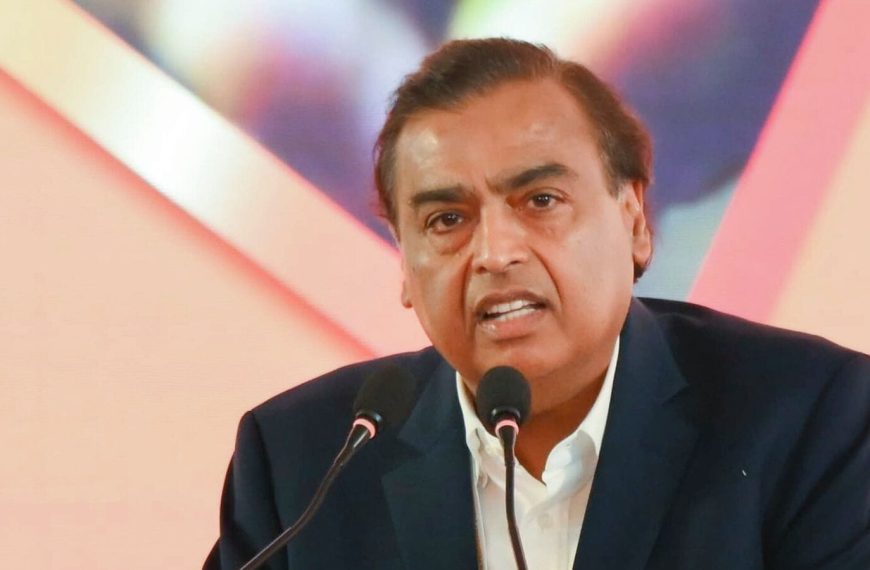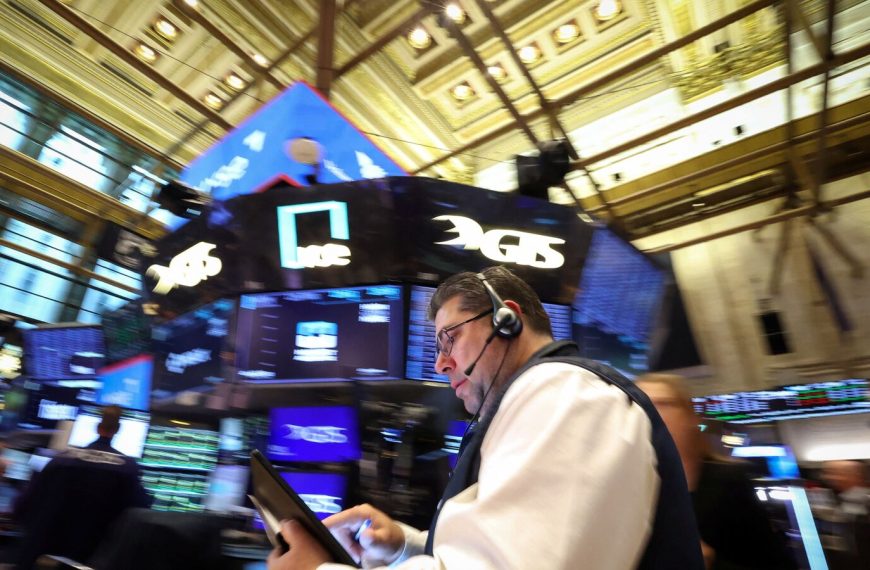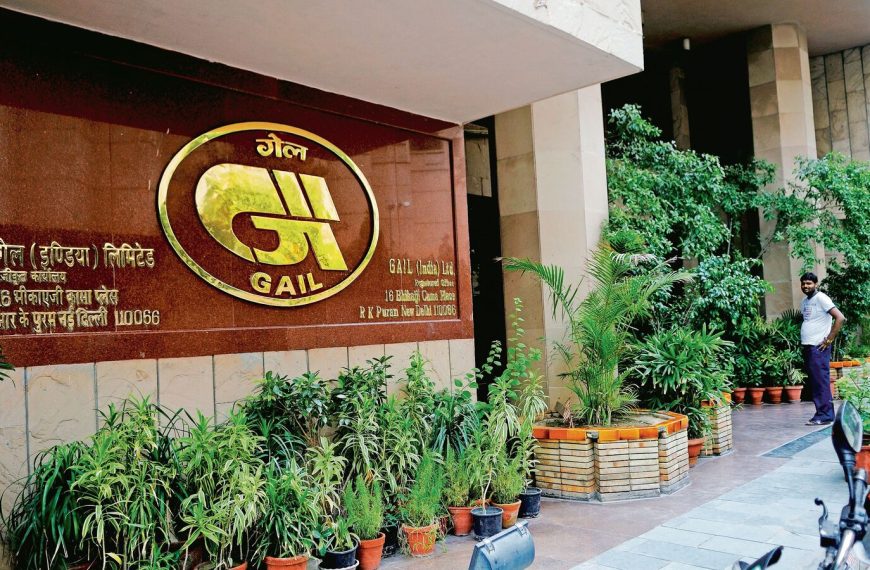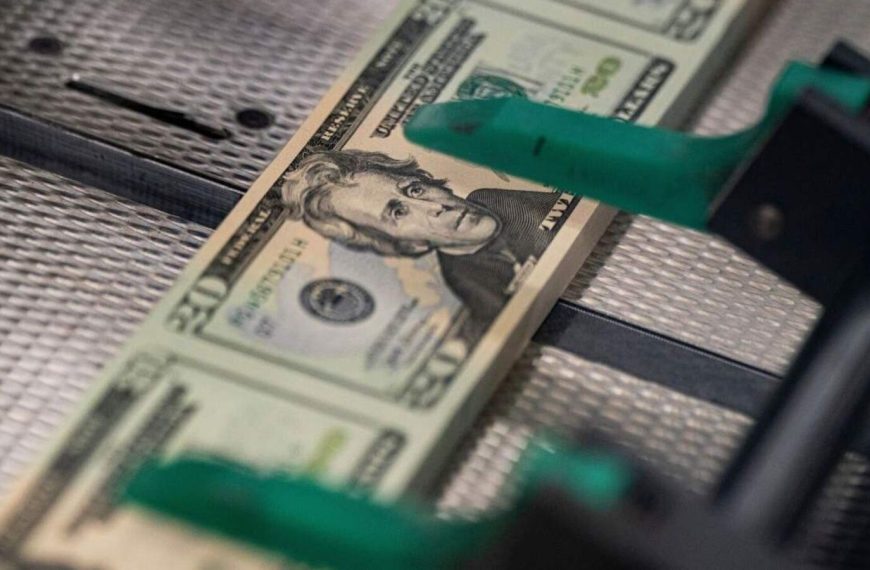In a surprising twist in the luxury market, Hermès has now outstripped LVMH in terms of market capitalization, a significant development considering the latter’s previous attempts to acquire the iconic Birkin bag creator. On Tuesday, Hermès International SCA’s valuation soared to €243.65 billion (approximately $276.3 billion), surpassing LVMH Moët Hennessy Louis Vuitton SE’s valuation of €243.44 billion. This achievement positions Hermès as the most valuable entity on France’s CAC40 index and the third-largest public company in Europe, trailing only behind SAP SE and Novo Nordisk A/S.
Market Dynamics: LVMH Faces a Downturn
The shift in rankings comes as LVMH’s shares plummeted by as much as 8.4% in Paris due to disappointing first-quarter earnings, attributed to weakened demand in key markets such as China and the United States. The looming threat of a trade war has further compounded their troubles.
- LVMH’s Sales for 2024: €84.7 billion
- Operating Profit: €19.6 billion
- Hermès’s Sales: €15.2 billion
- Operating Profit: €6.2 billion
The Resilience of Hermès
Analyst Jelena Sokolova from Morningstar highlights that during uncertain times, consumers gravitate towards brands that symbolize quality and safety. “Hermès stands out as a beacon of reliability in luxury, while LVMH’s offerings tend to be more cyclical,” she notes. This resilience is particularly evident as Hermès continues to thrive despite a general decline in luxury goods demand.
Hermès has successfully maintained its independence since LVMH’s billionaire CEO, Bernard Arnault, attempted a covert acquisition in 2010. This prompted Hermès family members to unite against Arnault, ultimately leading him to divest his stake.
How Hermès Maintains Demand
Hermès has effectively navigated market challenges by focusing on its affluent clientele and embracing a model of exclusivity that ensures products like the Birkin and Kelly bags remain highly sought after. Prices for these coveted handbags can start around €10,000 in Paris, with resale values often exceeding that amount. Founded in 1837 as a harness maker, Hermès has established formidable pricing power, bolstered by significant waiting lists for its merchandise.
“Consumers view Hermès as more robust during times of uncertainty, perfectly exemplified by the current market landscape,” adds Sokolova.
LVMH’s Challenges and Future Outlook
LVMH, the parent company of renowned labels such as Christian Dior and Tiffany & Co, appears to be experiencing a conglomerate discount, particularly with its lower-margin businesses like Sephora impacting overall performance. Following a disappointing report on its fashion and leather goods segment, LVMH’s stock has faced renewed scrutiny. Meanwhile, Hermès is set to release its quarterly sales figures soon, which could further illuminate its market positioning.
In February, Hermès’s valuation even briefly surpassed the symbolic €300 billion mark, although recent trade war concerns have cast a shadow over the broader luxury sector.
As the luxury market evolves, it will be intriguing to see how both Hermès and LVMH navigate these turbulent waters.










